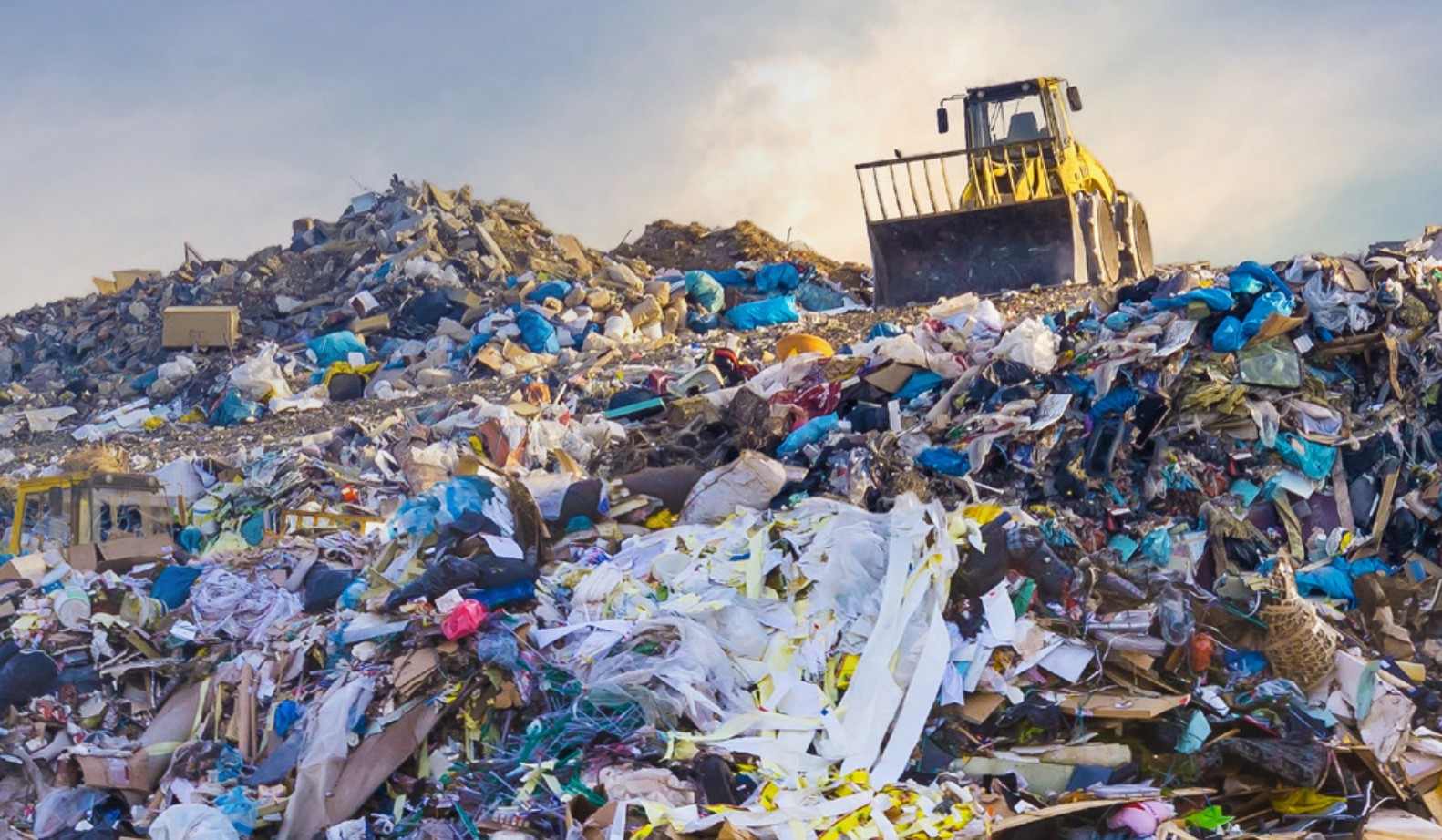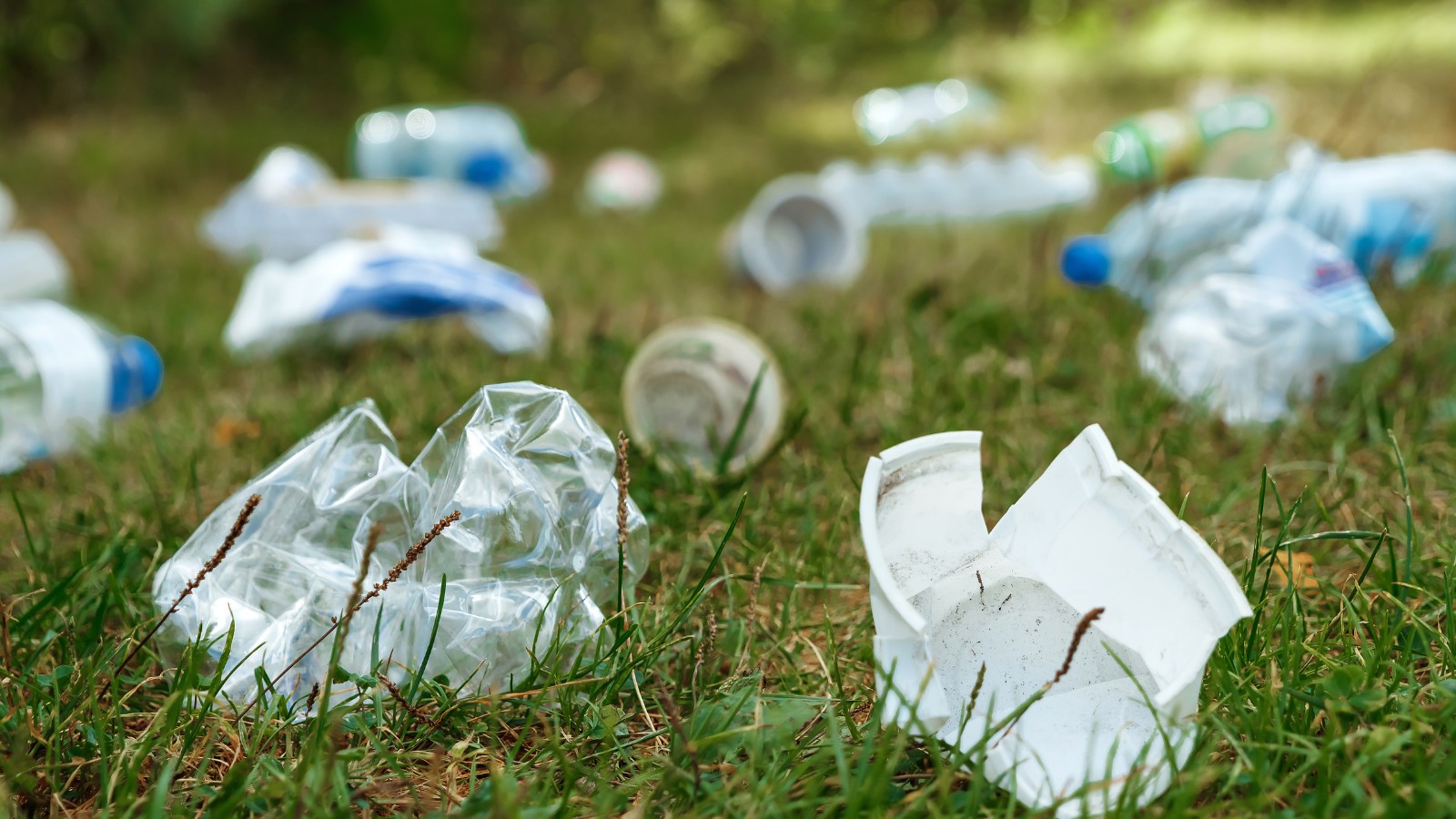- The effects of plastic pollution are far-reaching, extending beyond just environmental harm. When burned, plastics emit toxic fumes into the atmosphere, such as dioxins and furans, which are linked to cancer.
The 21st century is facing a multitude of challenges, plastic pollution being one of the most pressing issues. Plastics, synthetic materials from a wide range of organic polymers such as polyethene, are non-biodegradable and take thousands of years to decompose. This poses a significant threat to soil, plant, and animal life.
According to a study by the United Nations Environment Programme (UNEP), the world produces around 300 million tonnes of plastics annually, most of which are not recycled. This means that a substantial amount of plastics end up filling pits, potentially choking plant life and polluting the oceans, where they jeopardize aquatic life.
A report by the Ellen MacArthur Foundation and the World Economic Forum suggests that if plastic pollution continues unabated, the amount of plastic could outweigh fish in the oceans by 2050.
The effects of plastic pollution are far-reaching, extending beyond just environmental harm. When burned, plastics emit toxic fumes into the atmosphere, such as dioxins and furans, which are linked to cancer.
Plastic litter can also clog drainage systems, leading to flooding if left unattended, especially during heavy rainfall events, as seen in Kenya's capital Nairobi, during the March-May torrential rains. A report by BBC shows that some drains were being blocked as a result of rubbish disposed by residents.
Read More
In 2017, Kenya enacted a law banning single-use plastic bags for household and commercial purposes, recognizing plastic pollution's environmental and health costs. However, the fight against plastic pollution has yet to be won, and more needs to be done to address this global crisis.






